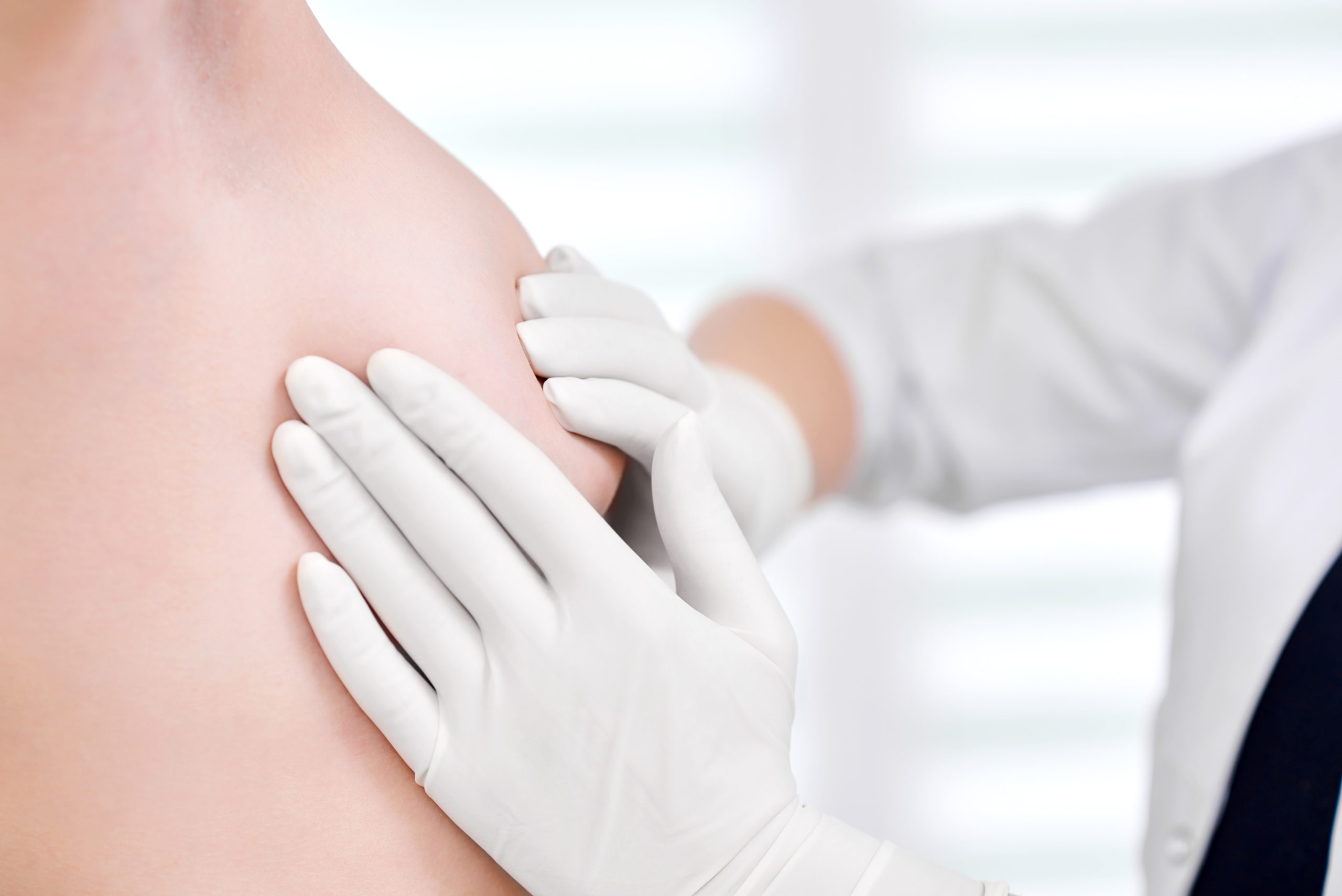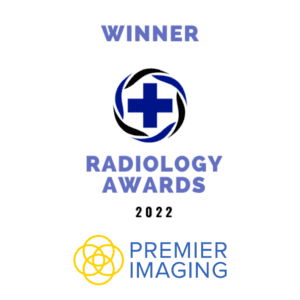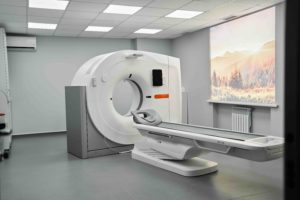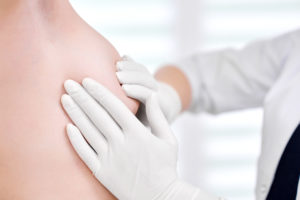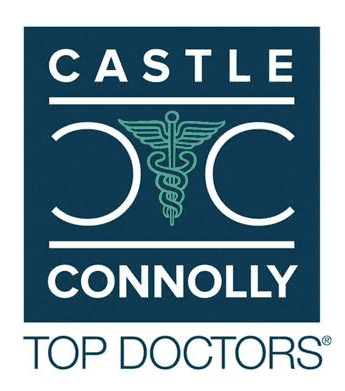Mammograms have become a very popular procedure, especially with the worldwide awareness about breast cancer. Every woman is encouraged to get a mammogram as it’s better to take preventive measures than it is to be impacted by surprises.
A very common question asked is, “what age should a woman get a mammogram?” Generally, mammograms are recommended for women aged 40 to 50, but you can get a mammogram at 35 if you have genetic mutations or a family history of cancer.
What is a Mammogram?
In very simple terms, mammograms are x-ray generated pictures of the breast. Mammograms are used by doctors to check for changes in breast tissues that could indicate early signs of breast cancer. It is one of the best inventions in medicine and a great help to women worldwide. Why? With mammograms, doctors can detect breast cancer up to 36 months before the symptoms appear. That’s fantastic you’d agree, especially when you think of the 685,000 people who lost their lives to breast cancer complications in 2020.
Mammograms are by far the most effective diagnostic test for breast cancer. They’re suitable for women with implants, and breastfeeding mothers.
What Age Should You Get Your First Mammogram?
Women experience a lot of changes in their bodies as they grow and mature. We’re familiar with the bodily changes as females cross from childhood to adolescence. Even as a full-grown adult, the body of a woman is still changing. The breasts tissues of a woman at 25 aren’t the same as a woman who just clocked 50. This is why the same kind of medical treatment or diagnosis won’t work for these two women, many times.
Mammograms work with a certain principle, and the presence or absence of certain factors can alter the results gotten from a mammogram. Some of these factors are breast implants, breast milk, and dense breast tissues. These factors can reduce the effectiveness of a mammogram as it is harder for X-rays to penetrate through implants, milk, or thick breast tissues. Hence, it is harder to detect cancerous tissues that could be lying around in the breast.
Young women, or premenopausal women, have dense breast tissues, and as explained, it’s quite difficult for a mammogram to capture the best results in this case. So, the mammogram could present a misleading result and even fail to detect cancerous tissues. Also, premenopausal women are likely to have things in their breasts that could raise suspicions of breast cancer but are something else entirely. Sometimes these women have to undergo biopsies, surgical procedures, because of these suspicions. That’s why medical experts strongly recommend a mammogram for women in their 40s and 50s. Women under 40 are not advised to get mammograms. But there are exceptions, however.
Should I Get a Mammogram at 35?
Generally, mammograms are recommended for women above 40 years of age. Although this is the recommended age range, there could be exceptions.
Women with genetic mutations are advised to start screening at 25. Also, women with a family history of the disease are encouraged to start screening 10 years earlier than the age the first affected family member was diagnosed with cancer. Very often, an MRI accompanies a mammogram procedure in high-risk women.
Is a Mammogram Painful?
Everyone has a different reaction to mammograms. What one woman experiences, another may not experience.
A greater percentage of the women who have had mammograms experience discomfort when the main x-ray procedure begins. Usually, the pain or discomfort is a result of the mammogram machine exerting pressure on the breast – this is very normal. It’s nothing to get worked up about, this stage of a mammogram takes a few minutes to complete.
The amount of pain you feel during a mammogram is dependent on factors like your breast size, where you are in your menstrual cycles, or how you’re positioned for the mammogram. You should consider your menstrual cycle when choosing a date for your mammogram. Taking your mammogram the week before your period might increase your chances of feeling pain or discomfort because your breasts are very tender at this time, so it’s best to consider having one after.
Before your screening, you might want to drop by the pharmacy and grab some aspirin or ibuprofen, if your doctor says it’s okay. It will help prevent discomfort and even ease any soreness you may feel after your screening.

